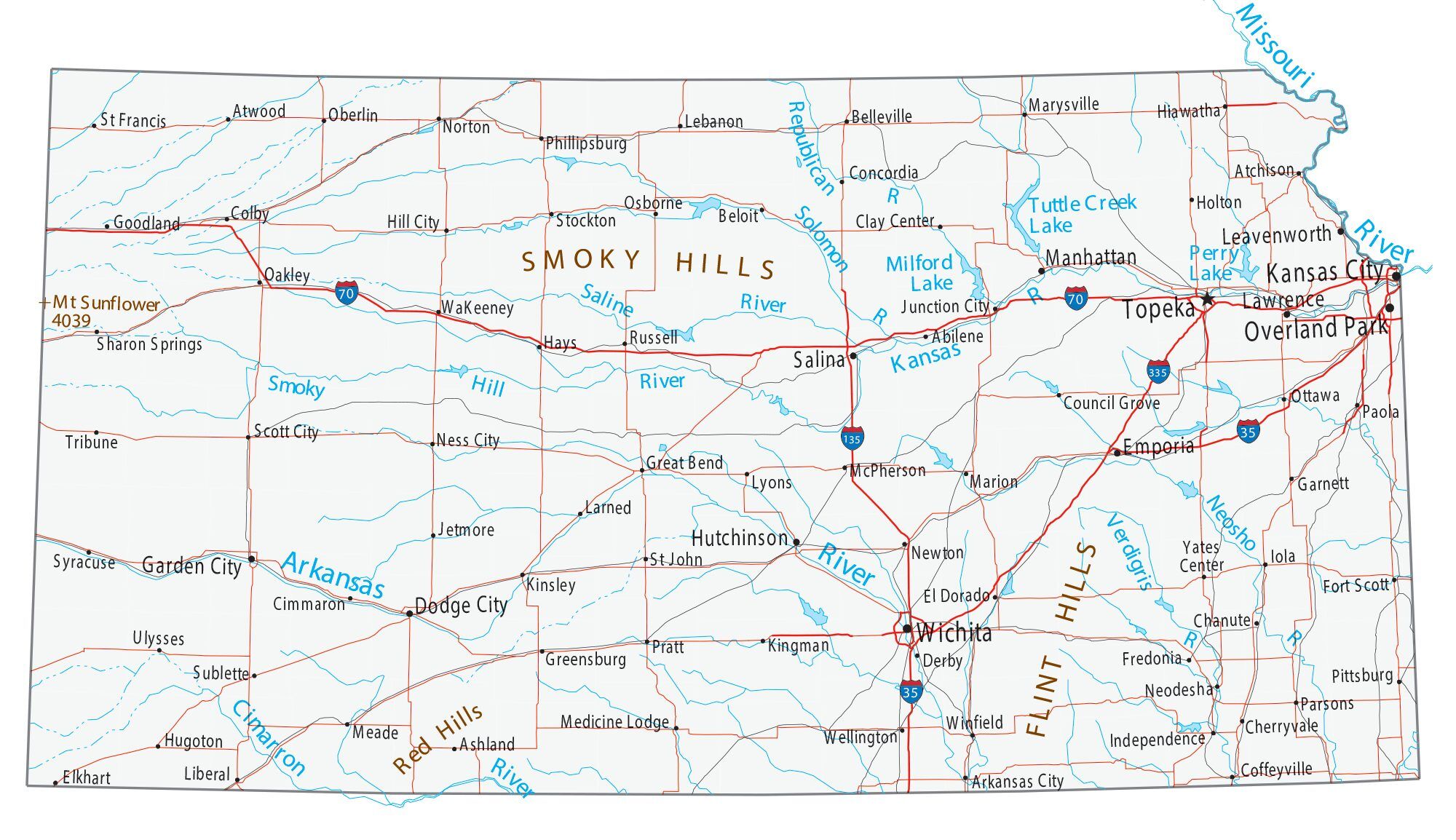Understanding Kansas septic tank regulations is essential for homeowners and professionals involved in septic system installation or maintenance. The state has clear guidelines to ensure septic systems are installed and maintained properly, protecting public health and the environment. This guide provides an in-depth look at key regulations, costs, and resources to help you stay compliant.
- State-Specific Regulations Information
- Compliance Information
- Cost Information
- Local Resources and Contact Information
- Supportive Resources
- FAQs: Kansas Septic Tank Regulations
State-Specific Regulations Information
Installation Permits
In Kansas, installing a septic system requires obtaining a permit from your local health department. These permits ensure the proposed system complies with Kansas septic permits and environmental regulations. The cost for a permit typically ranges from $100 to $500, depending on the county. To apply, you must submit a site plan, soil analysis, and information about the system’s design and capacity.
Septic Tank Size and Placement
Proper sizing and placement of septic tanks are critical for system efficiency and compliance. Kansas health department septic guidelines recommend determining tank size based on household size and daily water usage. For example, a three-bedroom home usually requires a 1,000-gallon tank.
Drain fields must also follow Kansas wastewater management laws, with placement at least 50 feet from wells and other water sources. Additionally, tanks should be located in areas with well-drained soil, away from property boundaries and structures.
Wastewater Disposal
Kansas wastewater management emphasizes proper treatment and disposal of household wastewater. Septic systems must be designed to handle expected loads without risk of groundwater contamination. Some areas may require advanced treatment systems if soil conditions are unsuitable for traditional setups. It’s essential to consult your local health department for site-specific requirements.
Maintenance and Pumping
Routine maintenance is vital for septic system longevity. Kansas health department guidelines recommend pumping septic tanks every 3 to 5 years, depending on usage. Regular inspections can identify issues like sludge buildup, which could lead to system failure if left unaddressed. Homeowners should also avoid flushing harmful substances, such as grease or chemicals, which can disrupt the system’s operation.
Compliance Information
Potential Fines and Penalties
Failing to comply with Kansas septic tank laws can lead to significant fines and legal consequences. Homeowners who neglect to obtain necessary permits or maintain their systems may face penalties ranging from $500 to $5,000. Non-compliance can also result in system shutdowns and costly repairs.
Environmental Protections in Kansas
Kansas emphasizes environmental protections to prevent contamination of water sources. Regulations require septic systems to be designed and located in ways that minimize their impact on the environment. Special rules may apply to properties near sensitive ecosystems or water bodies, requiring more stringent oversight during installation and maintenance.
Cost Information
Septic system-related costs in Kansas vary based on the system type, property size, and local regulations.
- Permit Fees: As noted, Kansas septic permits typically range from $100 to $500.
- Pumping Costs: Expect to pay between $200 and $500 for professional septic tank pumping services.
- Installation Estimates: Installing a new septic system can cost anywhere from $5,000 to $15,000, depending on the system type and site conditions.
Investing in regular maintenance can reduce long-term costs by preventing major system failures.
Local Resources and Contact Information
State and Local Agencies
Kansas residents can contact the Kansas Department of Health and Environment (KDHE) for septic system guidelines and approvals. Additionally, local county health departments oversee specific permit and inspection processes.
Certified Septic Professionals
For installation, maintenance, and pumping, it’s recommended to work with state-certified septic service providers. These professionals are familiar with Kansas health department septic regulations and can ensure your system meets state standards.
Contact
Kansas Department of Health and Environment
Randy Carlson, Section Chief
1000 SW Jackson, Suite 410
Topeka, KS 66612
Phone: (785) 296-1678
Supportive Resources
Government Resources
- Kansas Department of Health and Environment: Provides detailed Kansas wastewater management laws and guidelines.
- Local County Health Departments: Offer resources specific to your region.
Professional Associations
- Kansas Onsite Wastewater Association: Connects residents with certified septic professionals.
Educational Materials
- Septic system care handbooks and infographics are often available through county websites or local extension offices.
FAQs: Kansas Septic Tank Regulations
Do I need a permit to install a septic tank in Kansas?
Yes, Kansas law requires a permit for all septic system installations. Permits ensure that the system meets state and local requirements for safety and environmental protection. To apply, contact your local county health department or visit the Kansas Department of Health and Environment (KDHE) website.
What are the maintenance requirements for septic tanks in Kansas?
Kansas health department guidelines recommend septic tanks be pumped every 3 to 5 years, depending on usage and household size. You can find a list of certified pumping professionals through the Kansas Onsite Wastewater Association. Regular inspections are also advised to prevent system failure and ensure compliance.
How much does it cost to install a septic tank in Kansas?
Installation costs range from $5,000 to $15,000, depending on factors like the system type and soil conditions. For specific estimates, consult a licensed septic installer in your area. Check out the Kansas Department of Health and Environment’s resources for guidance on approved systems and installers.
What happens if I don’t follow Kansas septic regulations?
Non-compliance can result in fines ranging from $500 to $5,000, system shutdowns, and potentially costly repairs. Additionally, violations can harm water quality and the environment. Learn more about Kansas wastewater laws from the KDHE Wastewater Program.
Who should I contact for septic issues in Kansas?
For regulatory questions, contact the Kansas Department of Health and Environment or your county health department. For septic system services, use the Kansas Onsite Wastewater Association directory.
DIY Repairs Are Always Cheaper
Septic Regulations in Rural Areas: Essential Guide for Rural Property Owners
The Role of Perforated Pipes in Drain Fields
What Happens During a Pumping Service?
Septic Tanks vs. Sewer Systems | Choosing the Right Option
Directory | Virginia Septic Service Providers | Part 2







